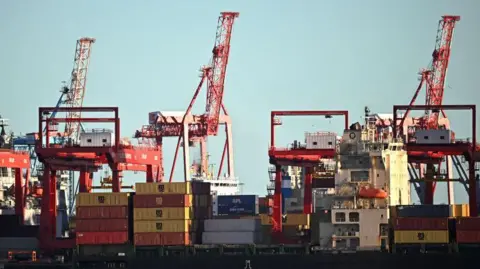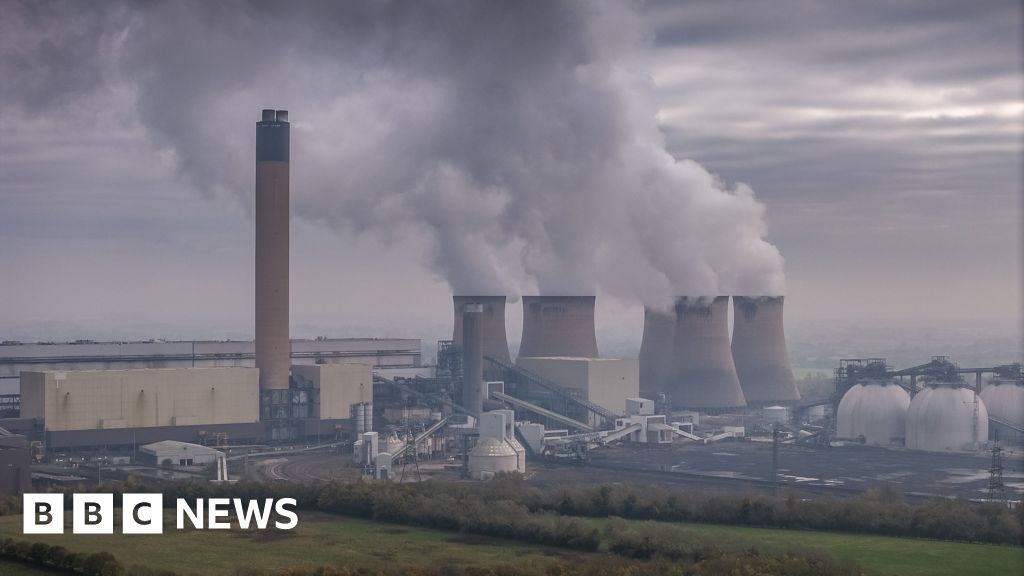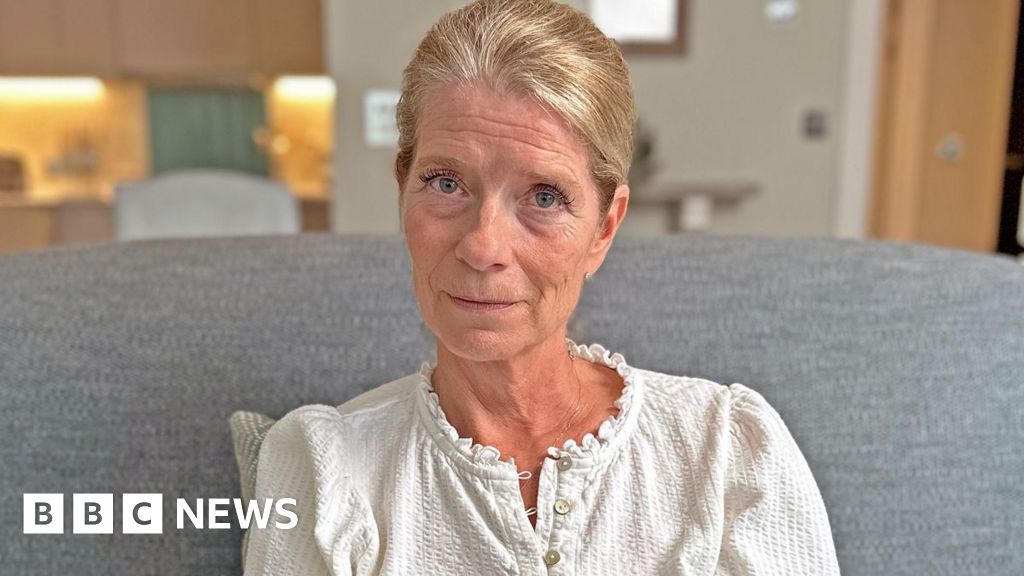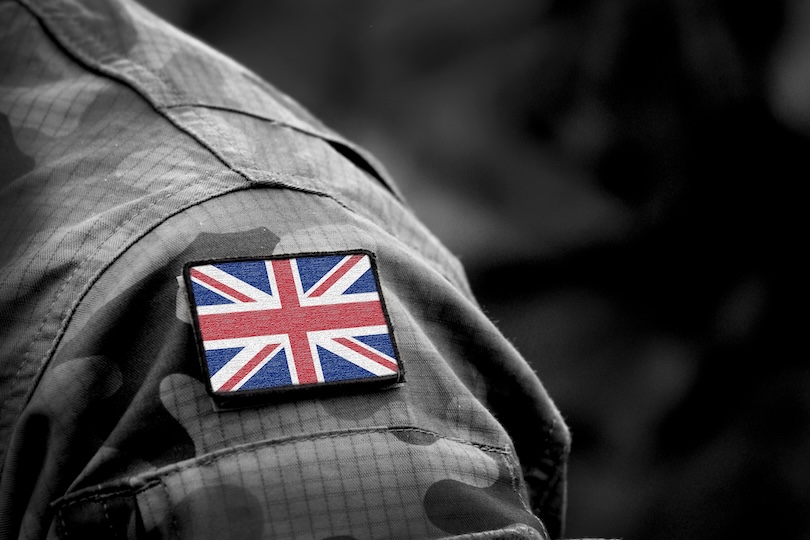
 Getty Images
Getty Images
The chancellor will not unveil new freeports in the Budget on Wednesday, despite a government announcement on Friday saying she would.
In the flurry of pre-Budget briefings, it seems Downing Street went too far, promising the new low tax sites would boost growth and jobs.
Instead of announcing five new freeports as was widely reported, the chancellor will confirm the next funding stage for some existing freeport sites.
There had been "a cock-up with the comms", a government official confirmed to the BBC on Sunday.
The mistake arose due to a confusion between the freeport sites themselves and the multiple customs areas that are contained within them.
The chancellor, Rachel Reeves, would be confirming five new customs areas within existing freeports, the official said, not new freeports.
Freeports are areas near shipping ports or airports where imported goods are free from tariffs. Firms in these areas also pay lower national insurance on new employees, and lower property taxes.
They are designed to boost economic activity like trade, investment and job creation.
Reeves will still reveal plans for a separate investment zone in the East Midlands, which was also announced on Friday.
The Financial Times, which first reported the error, said Friday's announcement, made while the prime minister was at the Commonwealth heads of government summit in Samoa, had caused "bafflement" among firms and officials involved in the freeports, as they had not heard of any plans.
While the mis-briefing is unlikely to have any concrete impact on investment plans, it will add to the sense that the operation in Downing Street is not running as smoothly as it should.
Earlier this month, there were reports of friction between No 10 staff, and Sue Gray quit her role as Prime Minister Sir Keir Starmer's chief of staff.
Current freeports are located around ports in Inverness, the Forth, Teesside, the Humber, Liverpool, Anglesey, Milford Haven, Plymouth, the Solent, the Thames, and Felixstowe and Harwich.
A Treasury spokesperson said the government was keen to reassure firms planning to invest in the low-tax zones that plans had not changed, emphasising that the government was still committed "to ensuring the custom benefits remain on offer".
On Friday Sir Keir backed the concept of freeports which he said were "working well", despite being a policy inherited from the previous Conservative government.
He added freeports "could work better" with more involvement from local businesses and politicians.
Critics have suggested, however, that they simply move economic activity or jobs from one part of the country to another, rather than creating new opportunities or roles.

 Movie
Movie 3 months ago
59
3 months ago
59 






![Presidents Day Weekend Car Sales [2021 Edition] Presidents Day Weekend Car Sales [2021 Edition]](https://www.findthebestcarprice.com/wp-content/uploads/Presidents-Day-Weekend-car-sales.jpg)



 English (United States)
English (United States)